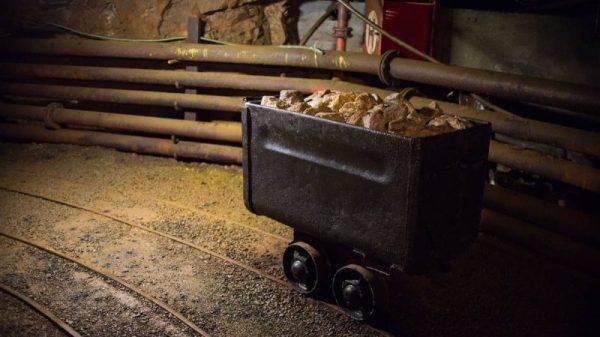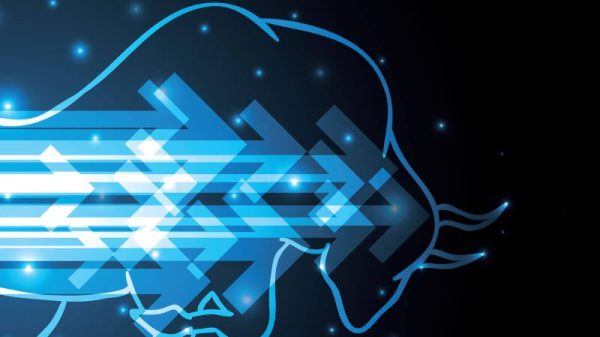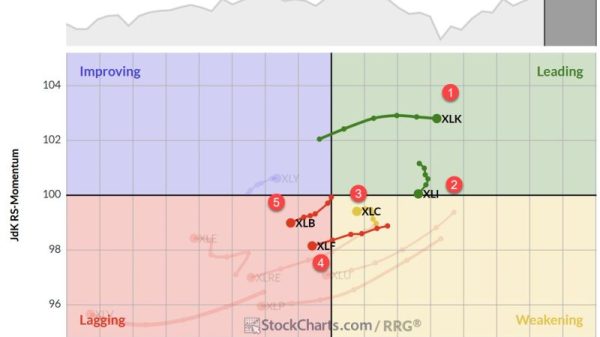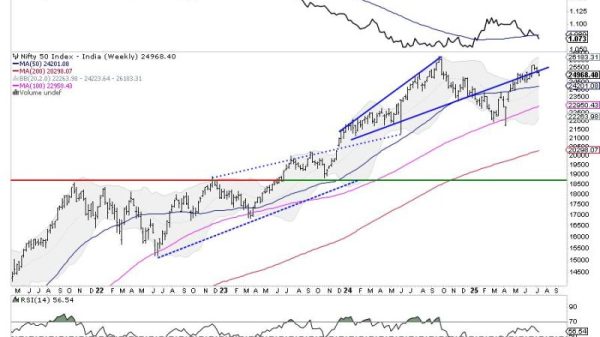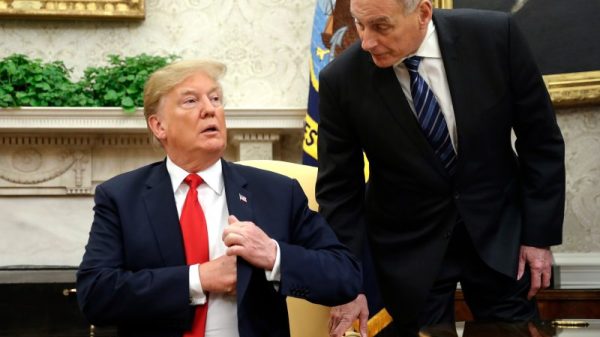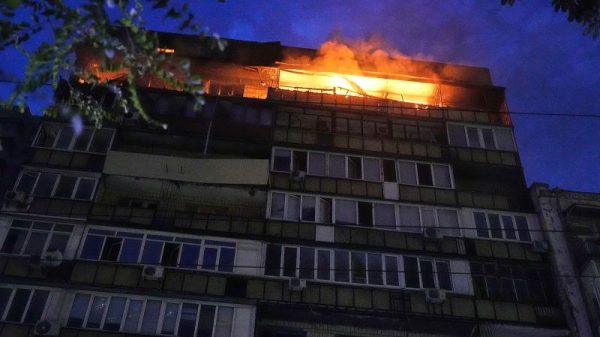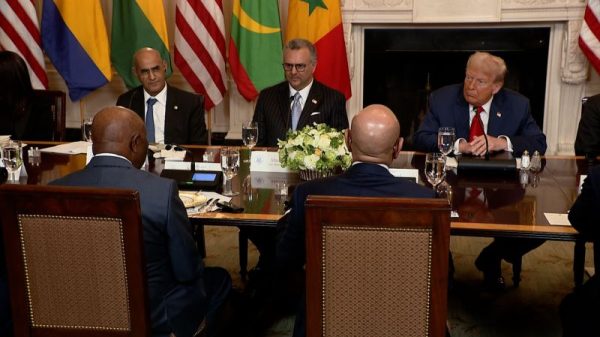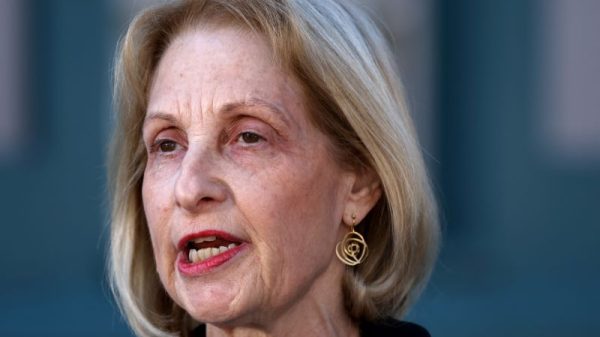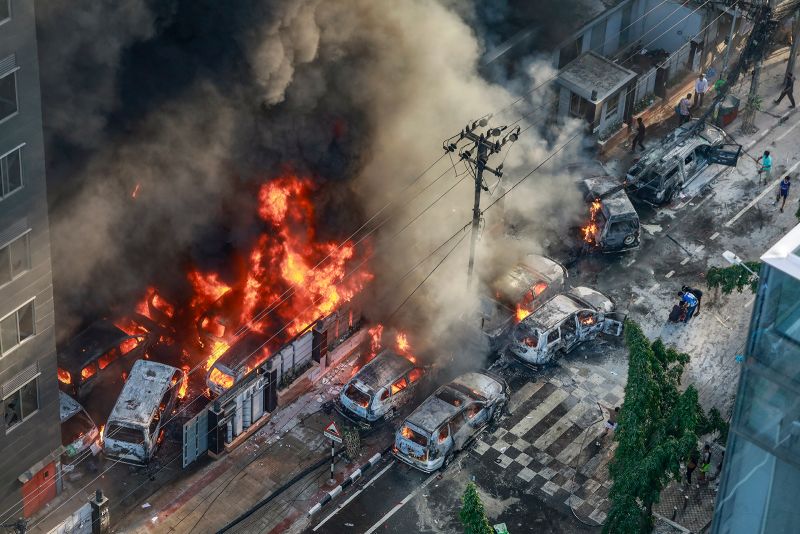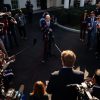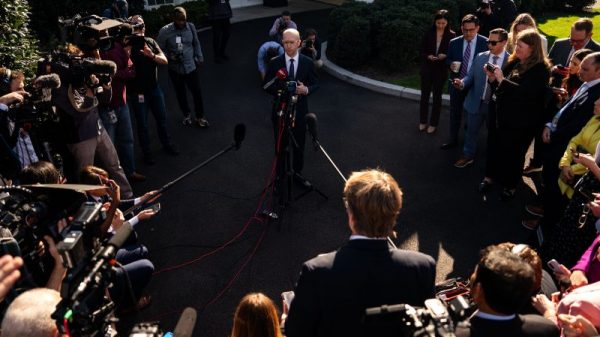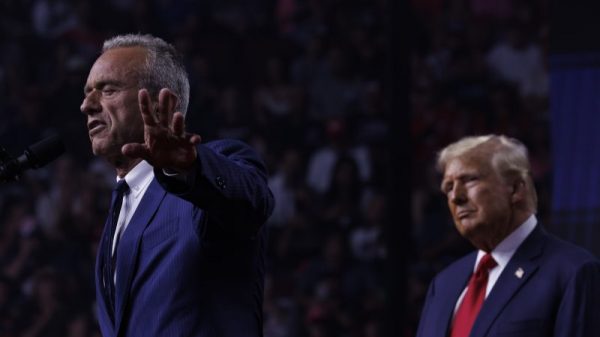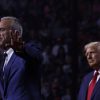Huge protests across Bangladesh escalated into deadly violence this week with clashes between students, pro-government supporters and armed police fueling widespread anger over civil service job quotas opponents say are discriminatory.
Dozens of people have reportedly been killed and hundreds injured in the violence, which has seen riot police use tear gas and rubber bullets against protesters and crowds of demonstrators armed with sticks filling the streets and university campuses in the capital Dhaka and other cities.
State broadcaster Bangladesh Television (BTV) was off air on Friday after student demonstrators allegedly set fire to its headquarters, according to local media, and protesters have called for a nationwide shutdown in a major challenge to the government of longstanding Prime Minister Sheikh Hasina.
Mobile and internet services have been cut, schools and universities ordered to close, and security forces deployed to quell the unrest, with human rights groups accusing authorities of using unlawful force against protesters.
Here’s what you need to know.
Why are students protesting?
Many Bangladeshi students are demanding an end to the government’s quota system, which reserves more than half of civil service posts for certain groups.
Some 30% of those highly sought-after jobs are reserved for relatives of veterans who fought in Bangladesh’s war of independence from Pakistan in 1971, a seminal moment in the nation’s history as it successfully won freedom from a much larger ruler.
Many of the country’s contemporary political elite are related to that generation – including Prime Minister Hasina, a daughter of Sheikh Mujibur Rahman, the widely regarded founder of modern Bangladesh who was assassinated in 1975.
The reserved roles are linked to job security and higher pay, and protesters say the quota system is discriminatory and favors supporters of Hasina’s ruling Awami League party. They are demanding recruitment based on merit.
“A government job is a really good opportunity,” said Maruf Khan, 29, a Bangladeshi studying in Australia, who has joined rallies supporting the protests in Sydney. “About 500,000 to 600,000 people are competing for 600 to 700 government jobs and on top of that it includes a 56% quota. It’s not easy.”
Driving the anger is high unemployment levels in the country, especially among young people. Bangladesh has seen strong economic growth under Hasina, but it has slowed in the post-pandemic era and, as the World Bank notes in its latest overview, inequality has “widened in urban areas.” In a nation of 170 million people, more than 30 million are not in work or education.
In 2018, the quota system was scrapped following similar protests but in June the High Court reinstated it, ruling its removal was unconstitutional. On July 10, the Supreme Court suspended the quotas for one month while it took up the case.
Critics and protesters say the quota system creates a two-tier Bangladesh where a politically connected elite benefit by their birth.
“The freedom fighters have sacrificed a lot for the nation … for that reason this quota was a logical thing in the past,” said student protester Tahmeed Hossain. “But there have been at least two generations after that. Nowadays, the quota … has rather become a form of discrimination. It has become a cultural propaganda to create a stronghold in the country.”
Why did the protests escalate?
The protests began at the prestigious Dhaka University on July 1 and later spread to other campuses and cities nationwide in almost daily street gatherings that included rail and road blockades.
The demonstrations became violent on July 15 when members of the Bangladesh Chatra League – the student wing of the ruling Awami League party – reportedly attacked student protesters inside the Dhaka University campus.
Since then, clashes between security forces, protesters and government supporters have escalated, with Bangladesh deploying its paramilitary Rapid Action Battalion, which was sanctioned by the United States in 2021 after “widespread allegations of serious human rights abuses.”
“Someone threw a small thing at us that blew up and I heard shots. I started running and realized that I had been hurt by some splinters in my hands. The police then attacked us with tear shell in the building,” he said. “One of my friends got hit by a (rubber) bullet in the leg. Some of my friends got their heads smashed and are currently under treatment in the hospital.”
Another protester in Dhaka, Hassan Abdullah, said Thursday: “There are tear (gas) shells just 50 meters away from me as I am talking to you. The police are constantly bursting sound grenades right now.”
Reports of the number of people killed has varied widely, with the Dhaka-based newspaper Prothom Alo saying 19 people were killed on Thursday alone and the Agence France-Press news agency reporting 32 deaths, citing its own tally compiled from hospital data.
Authorities have also moved to block online communications.
Internet monitoring site Netblocks confirmed a “near-total national internet shutdown” across Bangladesh on Thursday. “The new measure follows earlier efforts to throttle social media and restrict mobile data services,” it said on X.
What has the government said?
The demonstrations are the biggest challenge to Prime Minister Hasina since she secured a fourth consecutive term in January elections, which were boycotted by the main opposition party to protest what they said was a widespread crackdown on their ranks.
Hasina has announced a judicial investigation into the killings and called on protesters to await the verdict of the Supreme Court.
“I especially urge everyone to wait patiently until the Supreme Court verdict comes. I believe our students will get justice from high court, they will not be disappointed,” Hasina said in a news conference Thursday.
But she has been accused of enflaming protester anger by reportedly calling them “razakar,” an offensive term used for those who allegedly collaborated with the Pakistani army during the 1971 independence war.
“We expected an apology from our prime minister for comparing us to traitors of 1952 and 1972, and a solid solution to quota reform,” said protester Salman Farsi. “What did the students do to deserve this tag?”
“This is a people’s movement against the authoritarian government,” Hossain said.
“This is not just about quota protests anymore, this is much bigger than that, in simple quota protests the government wouldn’t go around hurting and shooting students. This shows the current fascist and autocratic nature of the government, who has been upholding the power without any proper voting system.”
What has global reaction been?
Bangladeshi students have held smaller protests elsewhere, including in New York’s Times Square, the Australian cities Melbourne and Sydney and the Danish capital Copenhagen.
The US said it was “continuing to monitor the reports of violence from the ongoing protests in and around Dhaka,” a State Department spokesperson said in a briefing on Thursday.
“Freedom of expression and peaceful assembly are essential building blocks to any thriving democracy, and we condemn the recent acts of violence in Bangladesh.”
UN Secretary-General Antonio Guterres called for restraint on all sides and urged the government to investigate all acts of violence, according to UN spokesperson Stephane Dujarric.
“The secretary-general encourages the meaningful and constructive participation of youth to address the ongoing challenges in Bangladesh. Violence can never be the solution,” Dujarric said.



